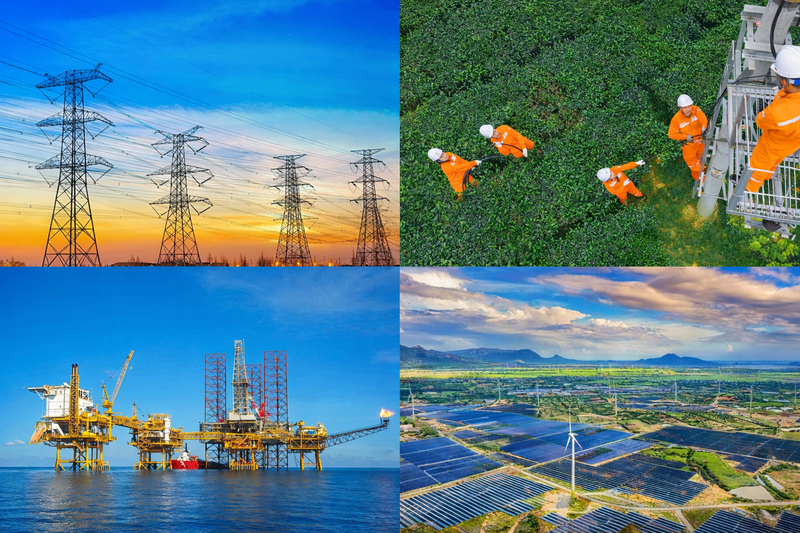
Enhancing energy efficiency in industrial production
19:05 | 23/03/2025 10:59 | 01/03/2026News and Events
Previously, Resolution 55-NQ/TW (2020) laid the foundation for Vietnam’s energy sector to expand rapidly in scale and diversify its structure from coal and oil to renewables. But today’s demands are different. If the past goal was simply “enough power for development” the new focus is on high-quality, affordable, sustainable energy that can adapt to climate change and support international integration.
Opening doors for private and foreign investment
Adopted as Vietnam targets 8% GDP growth in 2025 and double-digit growth from 2026, resolution 70-NQ/TW is described as a “strategic anchor” to realize fast and sustainable development, treating energy as a backbone of security and socio-economic growth.
Its key breakthrough is opening doors for private and international players to participate in energy development. This marks a major policy shift to mobilize domestic and foreign resources for renewable energy, new energy, smart grids, and even nuclear power in the future.
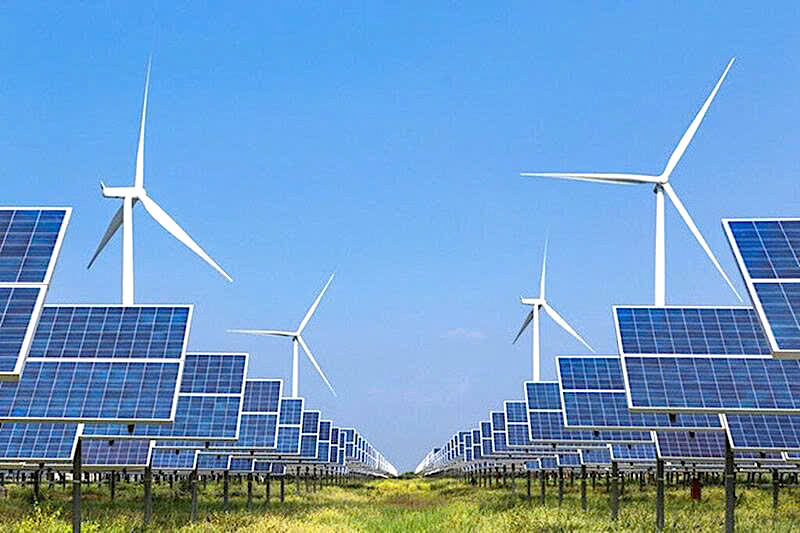
Resolution 70 is a major turning point, paving the way for equal private participation and ensuring energy security. Illustrative photo
Resolution 70-NQ/TW calls for overhauling financial policies to attract private and foreign capital into energy projects via independent investors or public-private partnerships (PPP). It urges flexible, effective credit policies with preferential lending packages for green, clean, and high-tech energy projects, as well as tax incentives to encourage renewable energy and local manufacturing of equipment.
It also encourages investment in energy storage infrastructure such as battery systems, LNG terminals, and oil depots, both onshore and offshore. Green bonds and green credit are promoted as additional financing channels. Importantly, the resolution stresses the need to resolve long-delayed projects through special mechanisms, ensuring no waste of social resources.
A solution to the energy financing challenge
Dr. Ngo Duc Lam, former Deputy Director of the Institute of Energy, said resolution 70-NQ/TW sets a critical foundation for national energy security. It addresses urgent, real-world challenges while laying out long-term strategic direction.
According to Dr. Lam, Vietnam will need around USD 200 billion for energy development over the next decade an average of USD 20 billion annually. “Relying solely on state resources would be impossible. Opening the door to private and international investment is essential to ensure both scale and pace of development,” he emphasized.
He also stressed the principle that power development must “stay one step ahead.” Adequate energy for today requires investment and planning five to ten years earlier. Mobilizing all available resources and diversifying stakeholders in power development is therefore crucial to reduce pressure on the state budget while ensuring long-term energy security.
“Allowing multiple economic sectors to participate will not only ease fiscal burdens but also ensure sustainable energy security, creating momentum for future growth,” Dr. Lam added.
On September 4, the Ministry of Industry and Trade convened a conference to implement resolution 70-NQ/TW of the Politburo on ensuring national energy security through 2030 with a vision to 2045. Deputy Minister Nguyen Hoang Long urged agencies and businesses to act swiftly, set clear priorities, and actively contribute to effective execution, embodying the spirit of “building while running.”

19:05 | 23/03/2025 10:59 | 01/03/2026News and Events
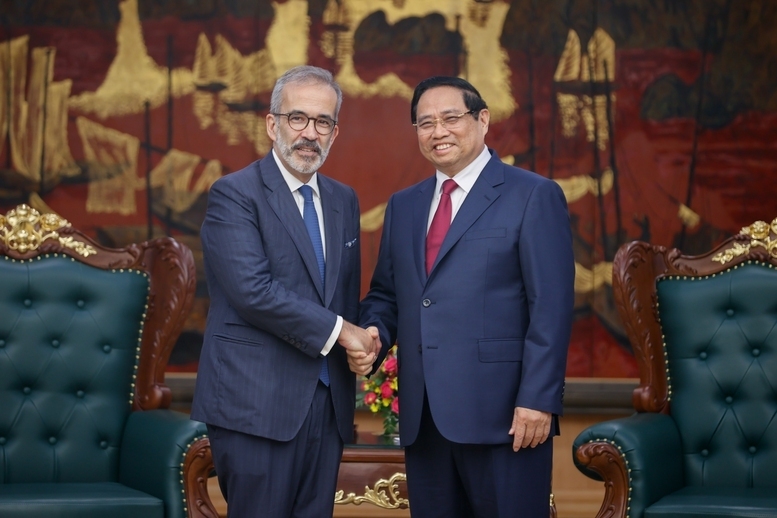
19:05 | 23/03/2025 10:49 | 01/03/2026News and Events
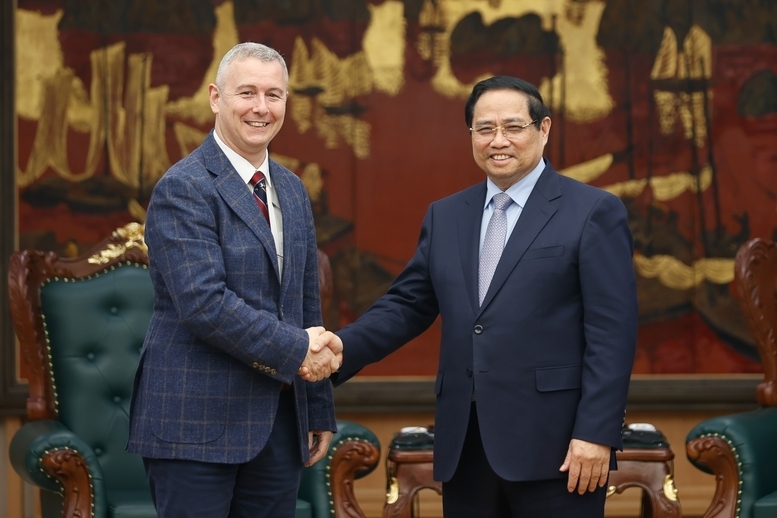
19:05 | 23/03/2025 17:11 | 27/02/2026News and Events
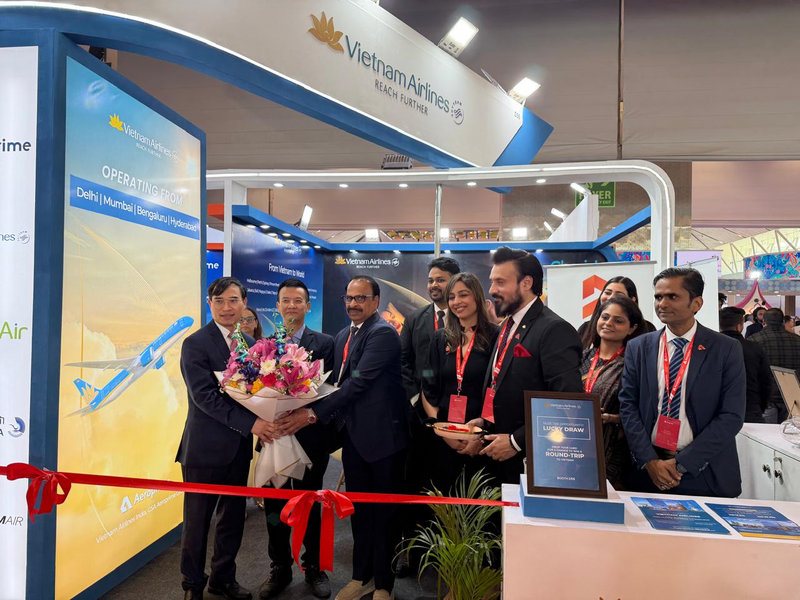
19:05 | 23/03/2025 17:11 | 27/02/2026Cooperation
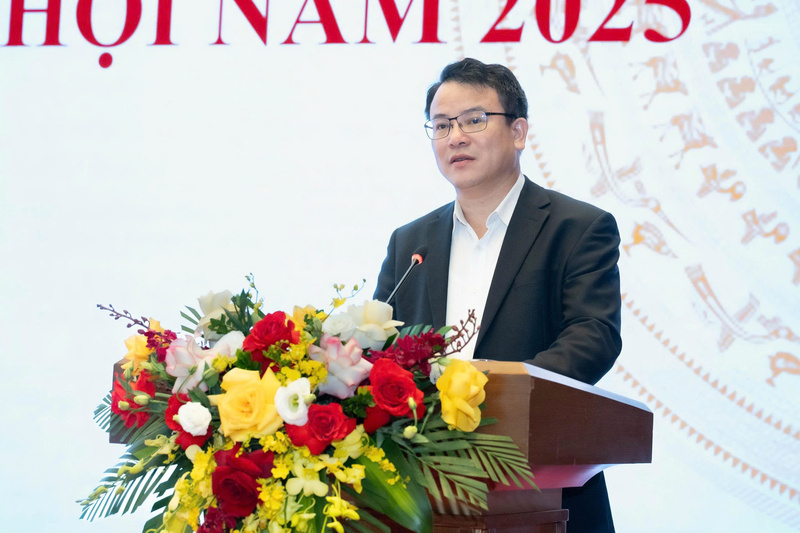
19:05 | 23/03/2025 15:46 | 27/02/2026Trade